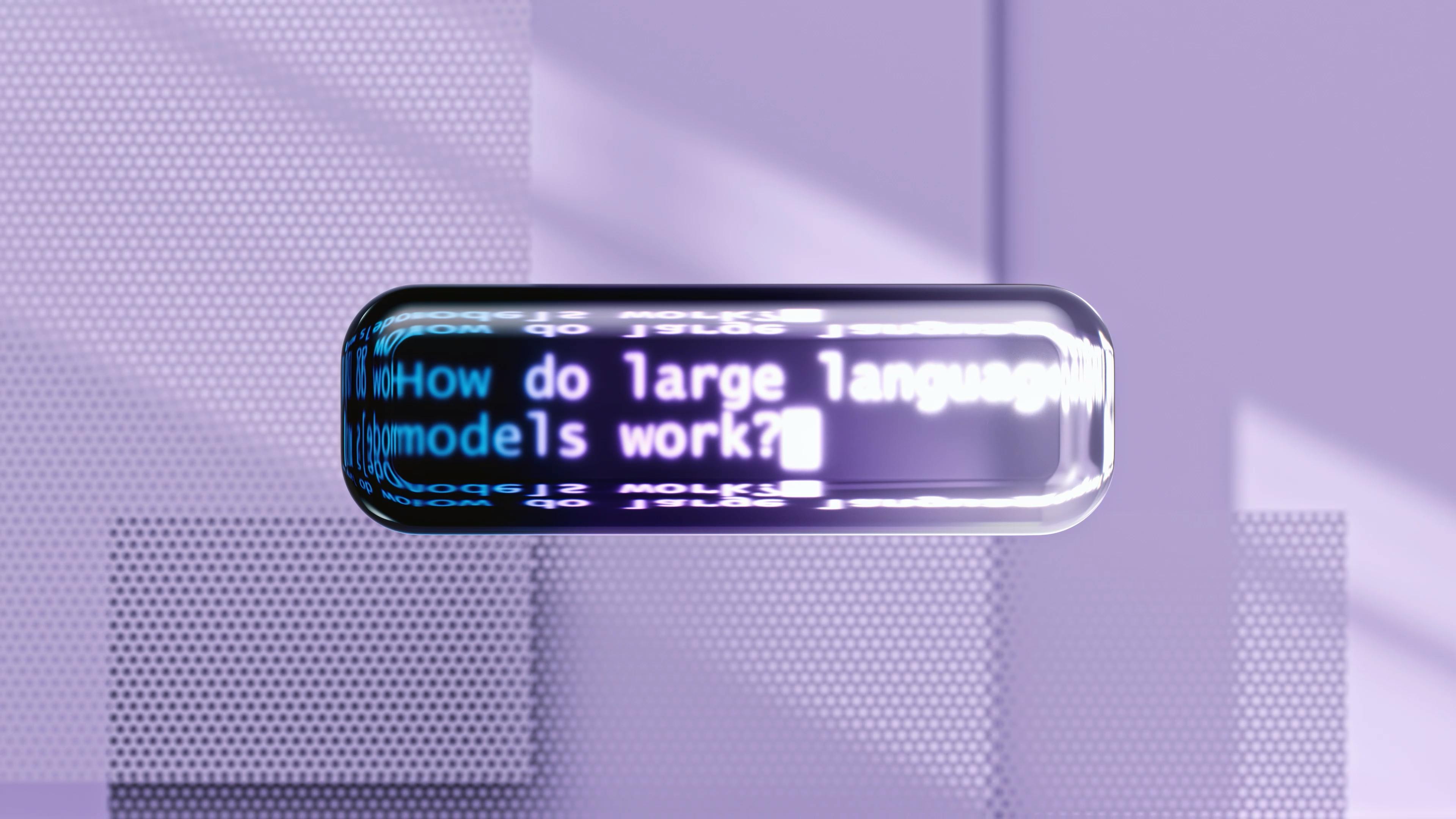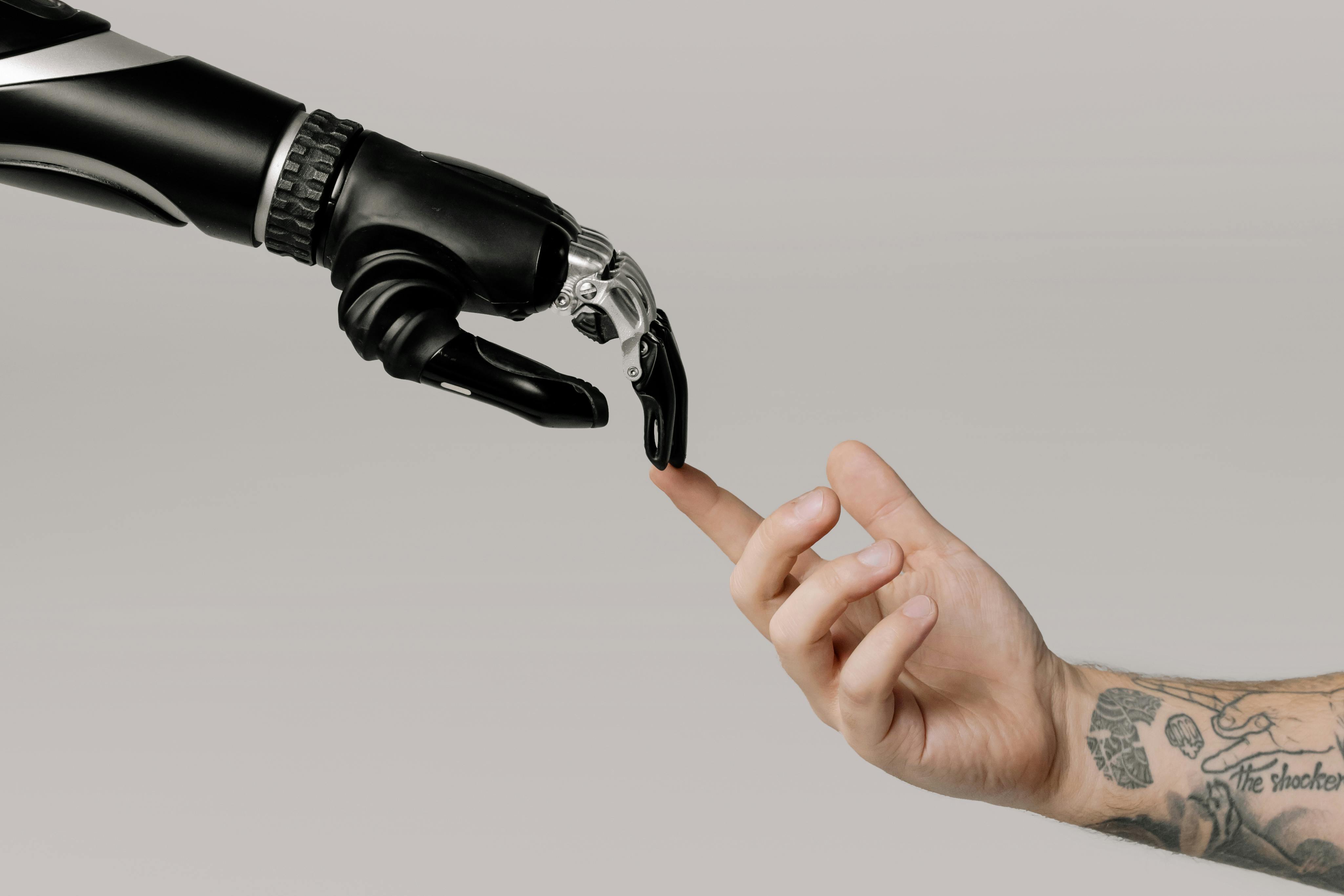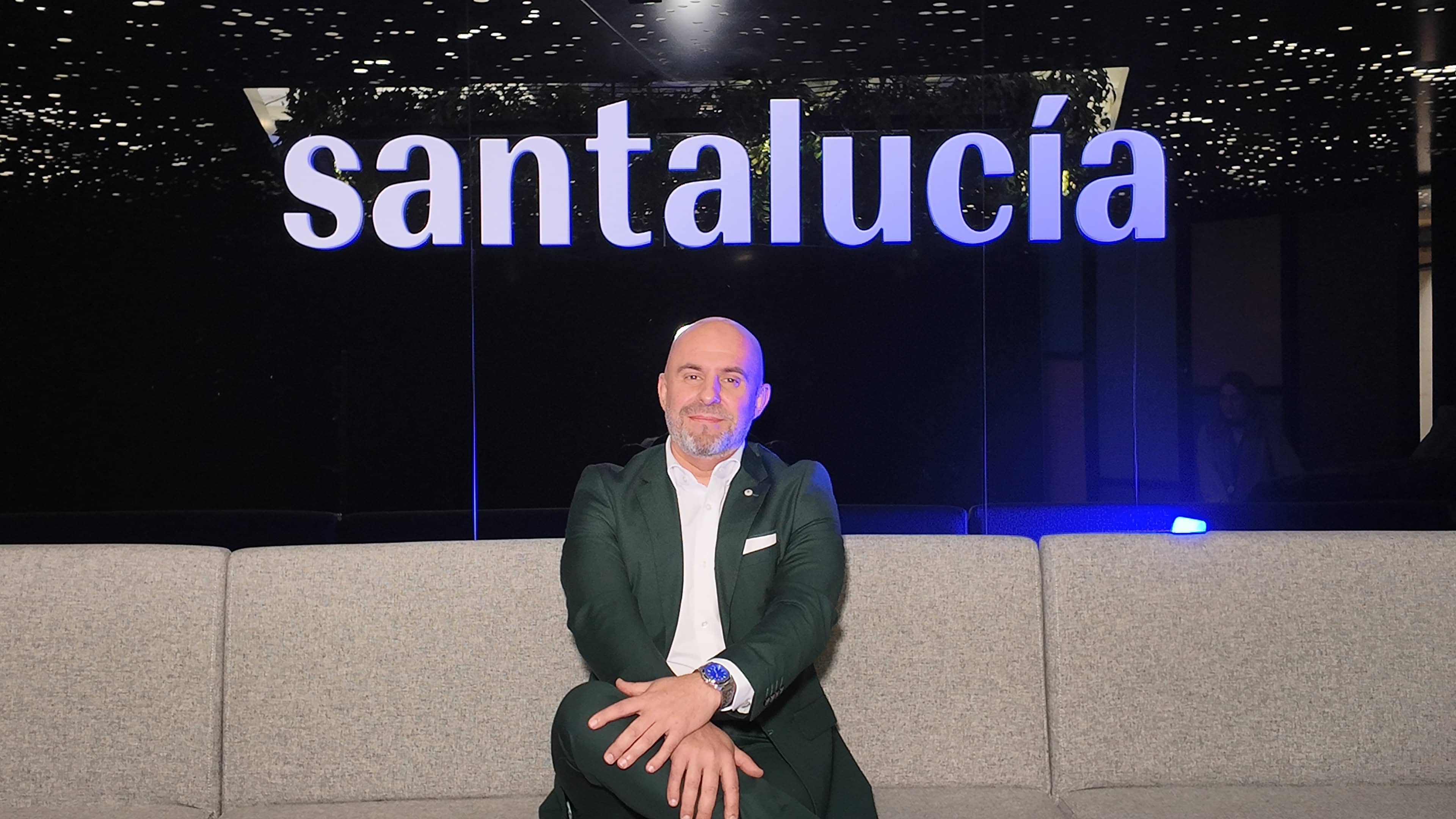From assistants to allies: the new era of autonomous agents

In the beginning of using this type of language model, the idea spread that artificial intelligence was a technology designed to respond, imitate how we speak, complete limited tasks or assist in repetitive processes. But that is changing. Today, AI no longer just listens or responds: acts. And in that silent movement, from assistants to allies, hides a transformation deep in the way we work, organize and decide.
The move from great language models to great models of action marks a new technological moment: one in which artificial intelligence begins to inhabit the world.
Until now, most AI-based tools operated in predefined environments. Its value lay in processing information, detecting patterns or generating content. But the most recent evolution is incorporating something different: the ability to interpret the environment, make decisions and execute complex actions in real time.
Autonomous agents are the clearest expression of this evolution. Systems capable not only of reasoning, but of operating in dynamic ecosystems: reading a website, executing a purchase, scheduling a meeting, optimizing a supply chain or even collaborating with humans on a production line. They don't just propose, they also execute.
According to the Megatrends 2025 report, this transition points to an intelligence embedded in the operational flow. An AI that not only trains with data, but also learns from interaction, from friction, from errors. An AI that doesn't wait for instructions, but rather anticipates.
From the co-pilot to the partner
Autonomous agents introduce a different logic. They are no longer integrated at the end of the process, as a support, but from within, as an active part of operational flows. They identify tensions, reorganize resources, optimize decisions. They function as intelligent nodes in dynamic systems, capable of intervening, adapting and learning in real time.
In some logistics and commercial environments, they already live with human workers, sharing responsibilities and even making decisions that were previously exclusively human. The evolution of Cobots cognitive robots, collaborative robots that adapt to their environment, open up scenarios in which machines are no longer tools, but members of a team.
This does not mean replacing the professional, but rather redefining their role. Instead of performing mechanical tasks, he becomes a process designer, system supervisor, context generator. Human value doesn't disappear: it moves to areas of greater complexity and judgment.

Action without instructions, decision without oversight
One of the most significant changes is that these agents no longer rely on rigid flows. They learn from results, experiment in simulated environments, adjust their behavior. They leave behind the predictive approach to approach controlled improvisation.
The Da Vinci model, capable of suturing tissue after seeing thousands of operations, or Microsoft systems that design unprecedented materials from scratch are examples of this new autonomy. It's no longer about better executing what we do, but about doing what we didn't know how to do yet.
This capacity generates Inevitable Questions: How do you train the ethics of an autonomous agent? Who takes responsibility if you make the wrong decision? What legal framework regulates an intelligence that acts on its own?
The Megatrends 2025 report already points out some paths: global technological governance, digital sovereignty and regulatory frameworks that anticipate autonomous behavior. Because an AI that acts not only requires power, but also clear limits and shared principles.
Towards a distributed agency
The most interesting thing about this transition is not only technological, but organizational. Autonomous agents inaugurate a form of distributed action, in which the power to decide is distributed among humans, machines and hybrid systems. Each part provides what the other cannot: intuition, calculation, speed, judgment, context.
This redefines how organizations think. What tasks can a company delegate? How do you design a balanced human-machine collaboration? What skills will be needed to lead in an environment where we are no longer the only ones acting?
The answer is not in opposing technology and work, but in rethinking their integration. Artificial intelligence doesn't replace: it redistributes. And in this redistribution, new professions, new dynamics and, above all, new forms of trust will emerge.
In a world where more and more decisions are executed without direct human intervention, understanding what an autonomous agent does, and what it shouldn't do, will be key. We are not witnessing the replacement of human action, but rather the emergence of new allies. We don't delegate out of convenience, but out of capacity.
The question is no longer whether AI can act, but How do we want him to do it. And who do we want to share that agency with.



